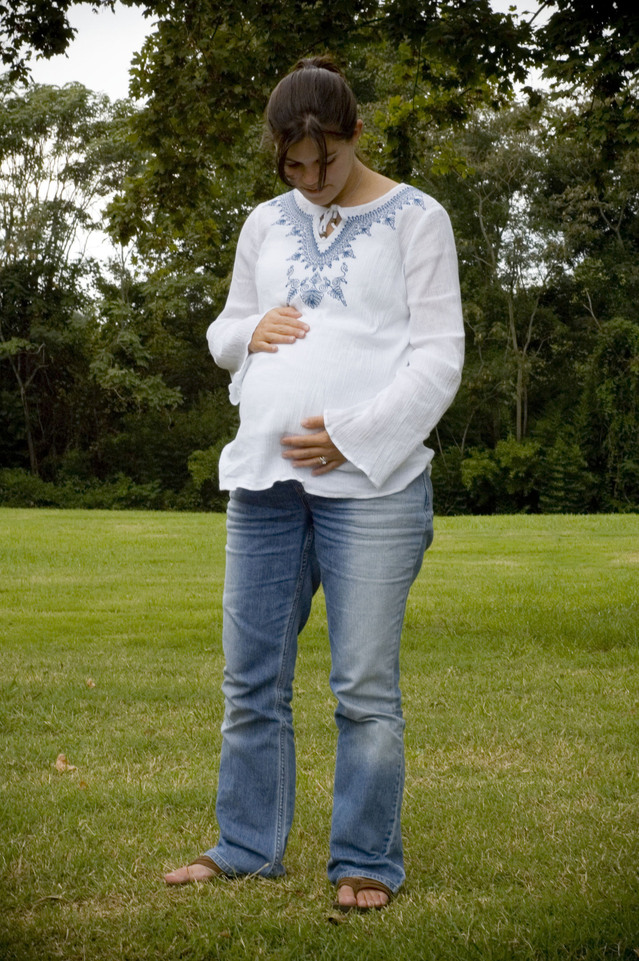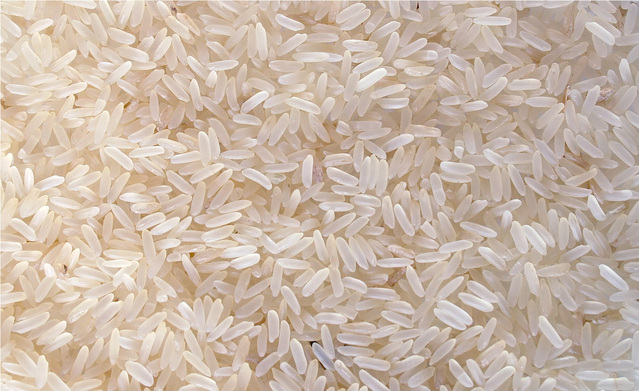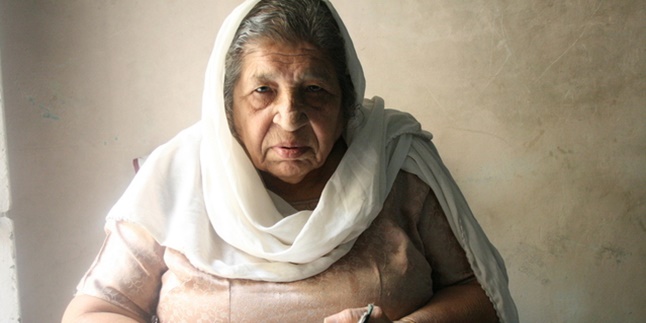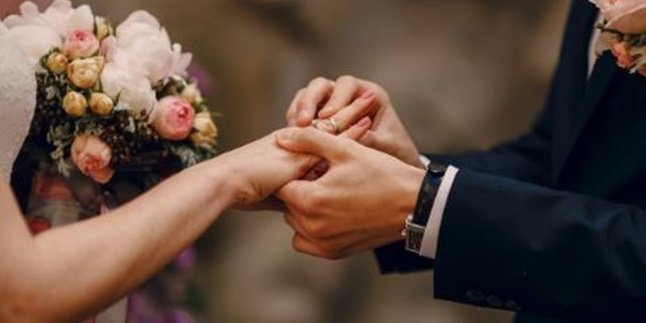Kapanlagi.com - Ramadan fasting is one of the obligatory acts of worship for matured Muslims. However, there are certain groups who are allowed not to fast, including pregnant women and the elderly. Therefore, for these two groups, Islam allows them to substitute fasting by paying fidyah.
The way to pay fidyah as a substitute for fasting must not be taken lightly. This is because it is related to acts of worship. Generally, fidyah payment as a substitute for fasting can be done in the form of food and money.
In addition to the more specific procedures for paying fidyah, it is advisable for Muslims to also know the things related to fidyah summarized from various sources.
1. Allowed Groups to Pay Fidyah

(credit: freeimages.com)
Not everyone who does not fast is allowed to replace it by paying fidyah. As mentioned earlier, replacing fasting with fidyah can only be done by certain groups.
The groups allowed to pay fidyah are those who are physically unable to fast. This means that if a person is still physically strong, it is recommended to replace it with fasting outside of Ramadan instead of paying fidyah.
Here are some groups that are allowed to replace fasting by paying fidyah.
1) People who are seriously ill and generally difficult to recover.
2) Pregnant and breastfeeding women, as fasting is feared to affect the health of the child or fetus.
3) People who postpone the obligation to make up (replace) Ramadan fasting without valid reasons until the next Ramadan. For this group, in addition to making up (replace) the missed fasting, they are also required to pay fidyah for the previous Ramadan fasting, for the number of days missed.
4) Elderly or frail people who are physically weak and unable to fast.
5) People who have passed away with unpaid fasting debt. For this group, fidyah payment can be made by their living family members according to the number of fasting debts of the deceased.
2. Fidyah Payment Time
There are two specific times to pay fidyah as a substitute for fasting. It is important to note that it is not allowed to pay fidyah at the beginning or even before the month of Ramadan. Here are the appropriate times to pay fidyah.
1) First, pay fidyah directly on the day when a person is not fasting.
2) Second, pay fidyah at the end of the month of Ramadan after first totaling the total number of days not fasting. This second method is as exemplified by the companion of Prophet Muhammad (PBUH), Anas bin Malik.
3. Procedure for Paying Fidyah
The procedure for paying fidyah depends on the chosen payment time, whether paying per day or paying after one month. In addition to the payment time, there are things to consider when paying fidyah.
Fidyah is given to the poor. Apart from this group, fidyah should not be accepted. The rules for fidyah are explained by Ibn Hajar Al Haitami in the book Tuhfatul Muhtaj.
Here is how to pay fidyah based on the payment time.
1) For those who pay fidyah per day, it is recommended to pay fidyah after dawn.
2) For those who pay fidyah at the end of Ramadan. Fidyah can be paid once with an amount equivalent to the number of missed fasts.
3) In addition to the above two methods, fidyah can also be paid after Ramadan ends. In addition, payment can be made in one lump sum or in installments every day until fully paid according to the number of missed fasts.
4. Paying Fidyah with Food

(credit: freeimages.com)
Fidyah can be paid by giving food to the poor. Just like paying zakat in the month of Ramadan, the type of food used to pay fidyah must also be staple food. There are several opinions discussing the amount of food to be paid.
Some scholars such as Imam As-Syafi'i, Imam Malik, and Imam An-Nawawi mentioned that the measurement of food for fidyah is 1 mud of wheat. This measurement is mentioned to be in accordance with the measurement of the mud of the Prophet peace be upon him.
Mud is the palm of the hand positioned facing upwards, like when a person is praying. In the book Al-Fiqhul Islami Wa Adillatuhu, it is mentioned that if measured with today's measurement, 1 mud is equivalent to 675 grams or 0.688 liters.
Meanwhile, another scholar named Abu Hanifah argues that it is ½ sha' or 2 muds of wheat with the measurement of the mud of the Prophet peace be upon him, or equivalent to half sha' of dates or flour. Based on this measurement, some scholars estimate that ½ sha' is equal to 1.5 kg.
5. Paying Fidyah with Money

(credit: freeimages.com)
Besides using staple food, fidyah can also be paid with money. Payment with money is done in accordance with the price of the staple food that should be given.
So, if one day of missed fasting is replaced by paying 1/2 sha' or 1.5 kg of rice, then fidyah is paid with money equivalent to the price of 1.5 kg of rice, multiplied by the number of days of not fasting (if the payment is made at the end of Ramadan).
Fidyah can be interpreted as alms given to the poor. Therefore, it might be more advisable to pay fidyah in the form of money. It will be considered more beneficial.
Well, those are some things about how to pay fidyah as a substitute for fasting that should be known by Muslims. Especially, for those who are unable to fast during this Ramadan and qualify to pay fidyah.
(kpl/psp/gen)
Disclaimer: This translation from Bahasa Indonesia to English has been generated by Artificial Intelligence.















